Towards a new work landscape
Marijke Griffioen, Senior Designer and Hanne van Nederveen Meerkerk, Segment Manager A&D, November 2018
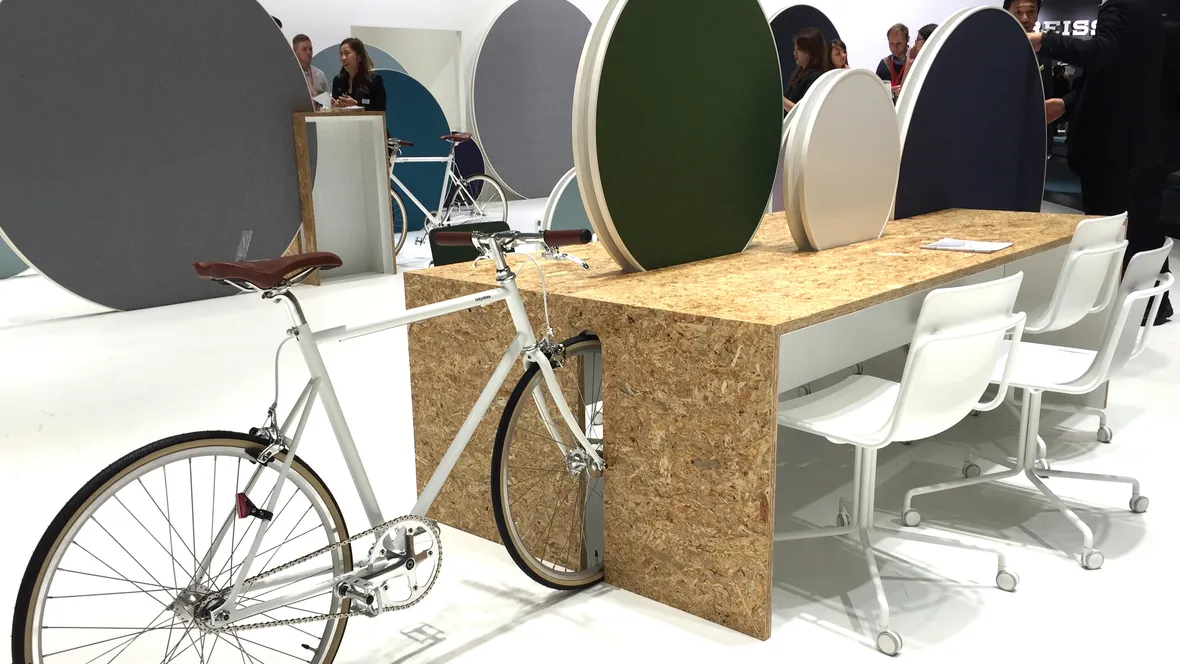
We meet on a Tuesday afternoon. A grand café in Amsterdam seemed the perfect place to work on this article, considering that 80% of creative inspiration is the product of informal engagements. Some welcome time away from our main office, and home offices. We could have just as easily hired a co-working space, or agreed to meet at one of our partner sites. Whereas a number of years back, flexible working meant being able to work at any workstation in the office, the term has now evolved to encompass pop-up work places. After all, you can work any time, any place these days.
In café Dauphine, we discuss which new office trends we've identified. The topic soon proves a complex and multi-faceted one. For example, we observe that the current open plan concept - a given in any 'modern' office environment - can in fact be very diverse in terms of look & feel and concept. Recurring themes are, among others, good acoustics, adequate comfort and settings in which work and pleasure go hand-in-hand. The employee and his or her wellbeing are gaining in importance. A work environment needs to be pleasant and above all, healthy. Healthy employees perform better and have lower rates of absenteeism. Offices are becoming biophilic, tasteful work places surrounded by greenery
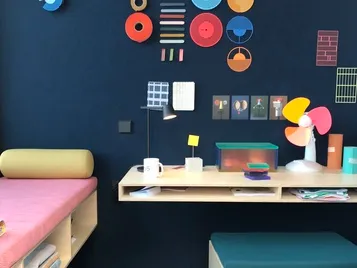
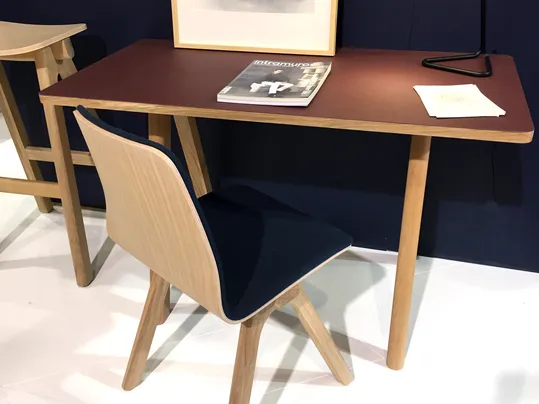
The emphasis on the human factor is also evident in the rapid rise of intelligent products capable of adapting to personal preferences: a desk that adjusts itself to your height, complete with heated table top to keep your hands warm; lights that synchronise with your movements; room temperature adjustments or preferred music that starts playing upon your entering the workspace using spacial sensing. Thanks to the integration and camouflaging of technology, we are finding ourselves in 'soft' workspaces.
Working overtime at the office is becoming increasingly passé. The time we are spending at the office is shortening. Business meetings typically take place outside of the office. We are constantly on the move, with lots of spontaneous get-togethers that serve to expand our networks.
But these heightened dynamics are not limited to outside of the office: humans were not created to sit behind a computer, immobile for eight hours straight. More and more work landscapes are being designed to encourage a varied working posture.
This is now... but what can we expect in the future?
Over the next ten to twenty years, jobs will get taken over by robots. As a result, it is anticipated that many head offices will either disappear or shrink. The constant access to information, regardless of location, will lead to a greater call for multi-tenant offices or temporary, informal and flexible working environments. Spaces themselves will be basic; a flexible layout will become even more of a priority. Products will be more modular and dismountable. Which will be useful, as urbanisation will make space scarcer and more expensive. We will also see space-saving and multi-functional furniture appear. Items need to be easy to store, replace, recycle or modify, with a passport or eco-label. What's more, the use of smaller and more intuitive spaces will reduce our ecological footprint.
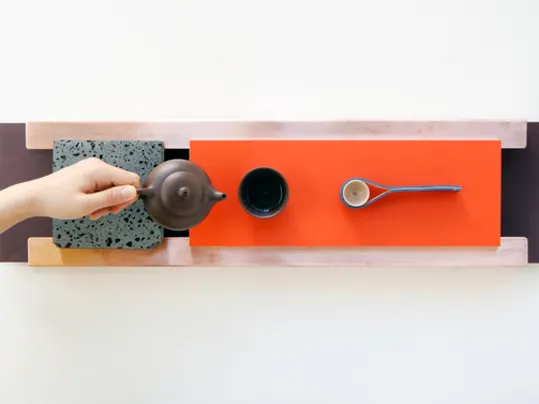
The circularity of products will be a pre-requisite. Recycled materials will give spaces character, enhanced by the contrast with integrated technology. Refurbishment will also increase due to limited availability of raw materials and greater consciousness around consumption. Numbers of high quality products will grow.
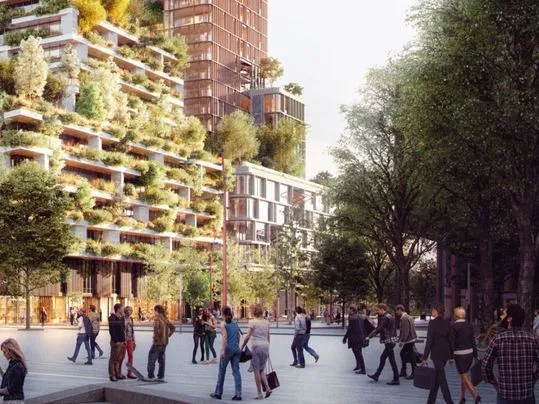
The shortage on the labour market will be limited to only those jobs that really require a personal touch, empathy and other human qualities. Does this mean we will be working less?! In any case, we will be occupying less workspace. Will empty offices be filled? No, we don't think so. Green parks, urban gardens and forests will spring up on empty sites. And not on the back of idealism. Rather, on the back of necessity. We must compensate for a polluted environment, with our forward-looking industrialising generations and given our current consumption. This realisation is hitting home harder for us and our children. If we want to keep living on this earth, then we need to clean it up.
Perhaps this is why we are so proud of the opportunity to work for Forbo, who has been producing sustainable flooring for almost 120 years, in that hope that this wonderful Marmoleum will last many sustainable generations to come. This is our healthy mission!